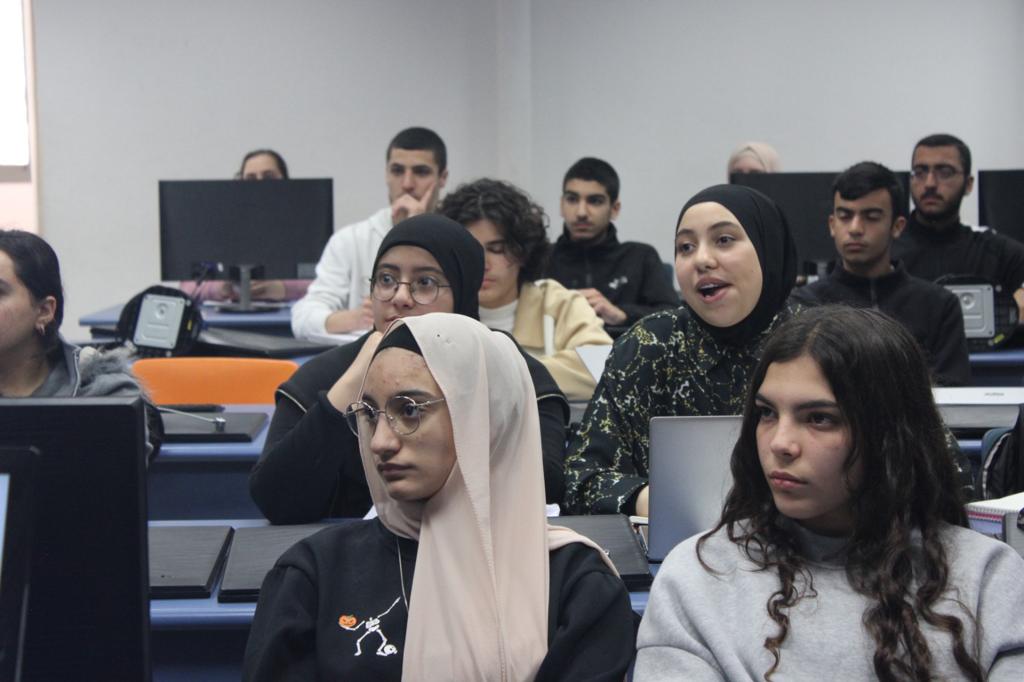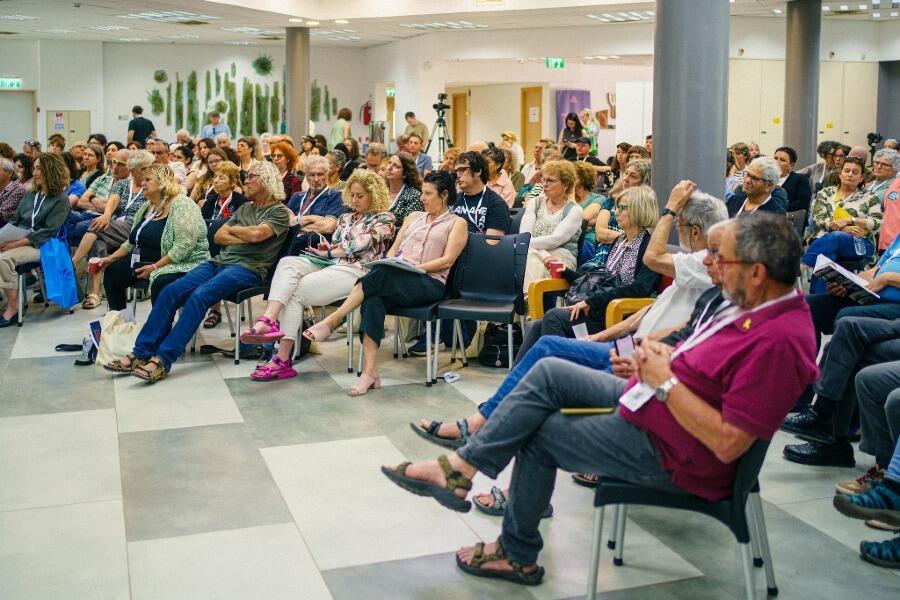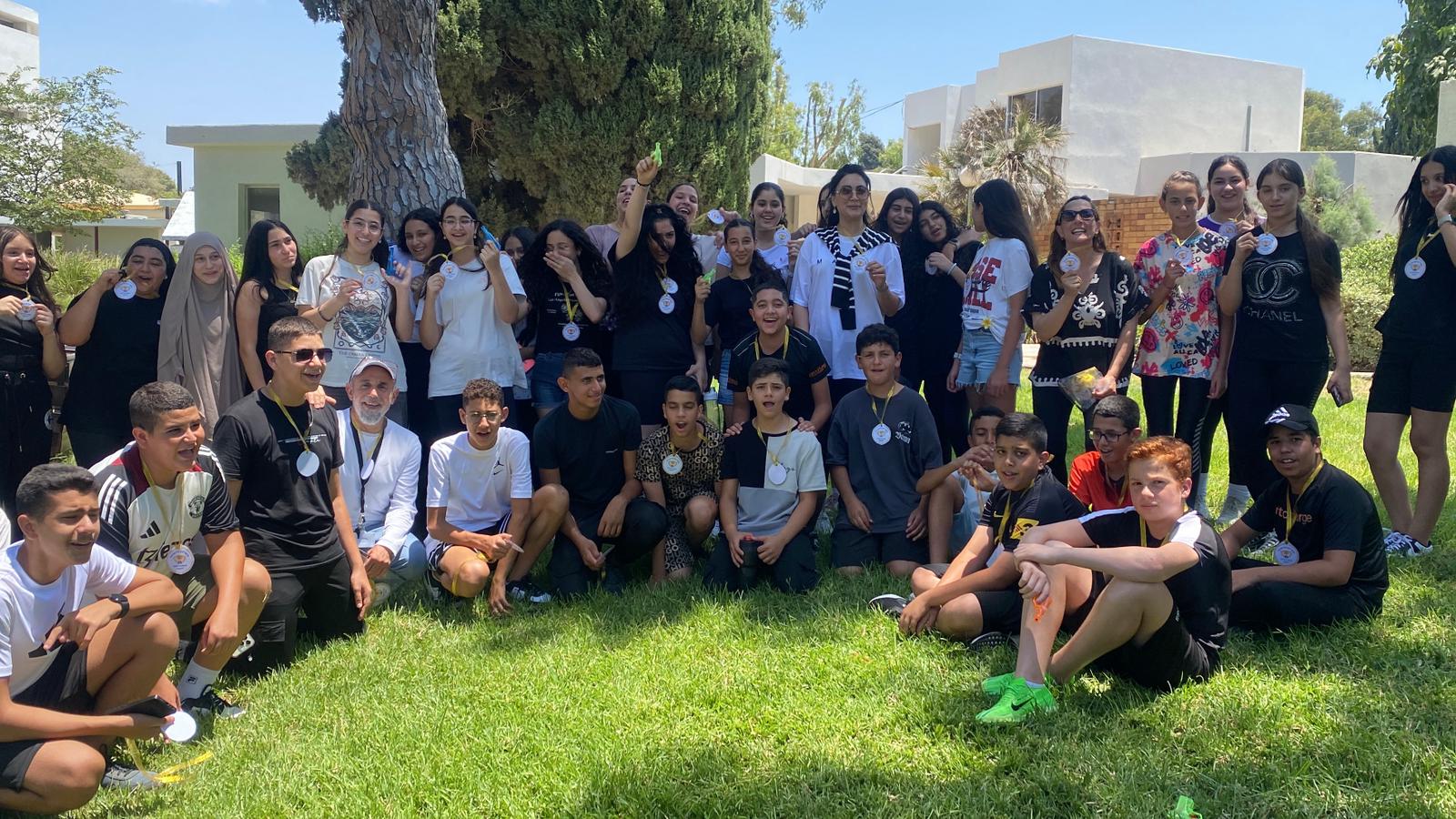In May 2021, after a wave of violent clashes in mixed cities, there was a rare moment of hope: dozens of Israeli companies, whether high-tech giants or small retailers, launched media campaigns calling for living together, equality, and a shared society. Billboards were hung on the streets, advertisements appeared in newspapers and on social media, and the message was clear – the other is not an enemy, but a partner.
The business sector’s involvement in promoting shared society was not the result of ideology alone – it stemmed from deep processes in Israel’s economic reality. In recent years, the pace of integration of Arab citizens into high-tech, healthcare, transportation and service industries has increased. Arab engineers, doctors, marketing professionals, and drivers are committed and highly regarded workers. Arab society has also become an influential consumer community, with an advanced consumer culture and significant purchasing power. Companies that recognized this created real connections – not only as employers, but also as brands requiring trust and positive regard. Thus, shared society transformed from an ethical statement into a real business strategy.
The business community’s broad mobilization after May 2021, along with the historic entry of the Ra’am party into the coalition, provided a rare tailwind for practical civic action. Organizations like Givat Haviva received moral and systemic legitimacy to expand their activities, and spaces of partnership between Jews and Arabs began to grow efficiently and at an encouraging pace.
Within just a few months, results were noticeable: integrated teams in hospitals presented not only professional medical care, but also a profound civic statement about the possibility of cooperation in times of distress; public transportation collaborations allowed hundreds of thousands of citizens to experience a service in which Jews and Arabs work together in a public space; and norms of equal partnership, mutual respect, and a plurality of voices were embedded in various workplaces.
It was a time when Israel seemed to have succeeded, if only for a moment, in concocting a formula for healing between its communities. The business world, usually considered neutral or aloof, became a social actor, an agent of change with profound influence. Advertising campaigns were seen not just as media messages, but as declarations of civic responsibility. But precisely from the height of success – it disappeared.
The events after October 7, 2023 marked a new, sharp, and painful breaking point in relations between Jews and Arabs in Israel. According to research by Givat Haviva and Accord, in the past two years we have witnessed a worrying disintegration of the shared civic fabric: trust has broken, the sense of mutual security has disappeared, and public space has become charged, tense, and at times hostile. Personal fears dictate public behaviors, and reactions of alienation have spilled over not only into social networks, but also into schoolyards, streets, and workplaces.
Among the youth, the future generation, an even more worrying trend is evident: open racism, growing influence of extremist content, and an absence of significant educational frameworks promoting partnership and discussion. The dominant discourse has turned into shouting, and dialogue into deafening silence. The sense of possibility of a shared society, built with great effort over the past decades, has almost completely disintegrated.
History, it seems, is repeating itself. Many compare the current mindset to the period after the events of October 2000, when a deep disconnect was created, which turned into a mutual boycott and a discourse of demonization. It took an entire decade for us to return to a path of correction. That decade did not happen by itself. It required the mobilization of associations, educators, civic activists – and above all, the partnership of the entire public. Now, at the current point in time, if broad, institutionalized, and genuine mobilization is not forthcoming, there is danger that the rift will deepen. And unlike in the past, this time we have no confidence that healing will be possible, or that Israeli society has the resources or the desire to go through the process again.
Precisely at a time when polarization is widening, public consciousness is sharpening, and Israeli society is facing a severe civic challenge – the positive, unifying voices are falling silent. Since October 7, the business sector, which was previously a source of hope and mobilization, has chosen to shirk its social responsibility and retreat. Initiatives that were at the forefront of shared society – campaigns, communication across the divide, partnerships between sectors – have disappeared, and the abandoned arena has filled quickly with voices of alienation, hostility, and mutual demonization.
Into this vacuum enter groups with declared agendas of polarization: the Hilltop Youth, the religious army prep schools, Ben Gvir supporters and their ilk, people with an ideology that sees partnership not as a value, but as a threat. Equipped with funding, blunt discourse, and an increasing presence in educational and public spaces, they have succeeded in dictating an extremist narrative that seeps into the depths of the education system, local authorities, and even the labor market.
The retreat of business is not only an evasion of responsibility, but also a loss of opportunity. Once partners in building collaborative spaces, they now let marginalized groups set the tone. This indifference could pave the way for deepening the divide, turning public dialogue into a discourse of threats, and long-term damage to the country’s social and economic stability.
Inaction on the business sector’s part is not neutral. Silence in times like these is a stance, and it allows extremist voices to take over. This is a time when businesses must come out of the shadows and speak out clearly. Especially those where Jews and Arabs work together – they have not only a moral responsibility, but also a practical one. They can shape safe spaces and norms of civil discourse, and in doing so provide hope.
A shared society, including relations of respect, equality, partnership, and mutual recognition, is not just a social goal; it is an essential basis for economic stability and regional prosperity. It enables the development of geographical regions that have long been thought of as economically marginal, creates innovative employment opportunities, and strengthens the economy’s ability to cope with crises.
After May 2021, businesses in Israel began to understand that promoting a shared society meant not only repairing relations, but also building a smart business mechanism based on cultural diversity, human capital development, and market expansion. But with the unraveling of the discourse around a shared society, and especially with the intensification of polarization after October 2023, a renewed, deep, and committed move on the part of the business sector is now required.
Israeli companies, especially those with mixed teams and who provide services to diverse audiences, can no longer afford to operate separate from social reality. A shared society is not a slogan. It is a moral, economic and civic responsibility.
Article by Mohammad Darawshe, Strategy Director of Givat Haviva, on the Sikha Mekomit website (Hebrew)





